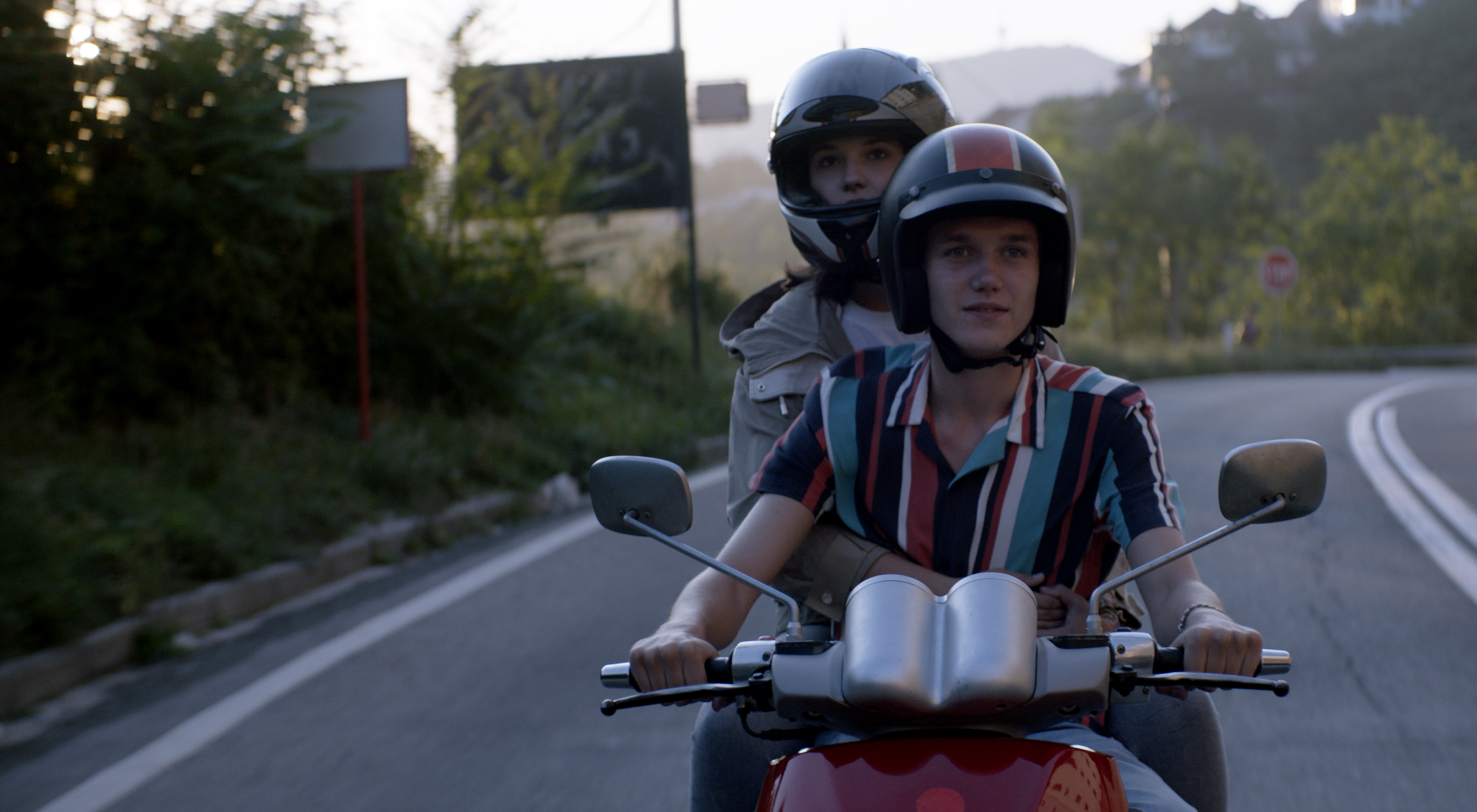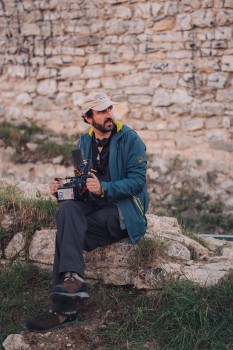Berlinale ’21: Igor Drljaca on building The White Fortress
The filmmaker discusses how the copro came together, what's next and where he'd like to see Timelapse Pictures in the future.
This week, Igor Drljača’s latest made its long-awaited first step with its world premiere at the 2021 Berlin International Film Festival.
The Bosnian-Canadian writer/director/producer’s fourth feature-length film, The White Fortress (“Tabija”), which is a part of the festival’s Generation 14Plus section, is a Sarajevo-set effort following the story of an orphan who meets a teen from a politically powerful and affluent family.
Notably, it was announced yesterday (March 4) that Rome-based sales agent TVCO had acquired the worldwide sale rights to the film, excluding Canada and Bosnia.
Here, the Timelapse Pictures co-founder catches up with Playback Daily to discuss the drama.
The second part of the Berlin International Film Festival will run from June 9 to 20, featuring screenings for the general public.
Playback: How long has The White Fortress been in the works? When did you first come up with the concept for the film?
Igor Drljača: The film took seven, almost eight years to realize. The idea began to form shortly after filming Woman in Purple, the first short film I made in Sarajevo after the war, and which was released in 2009. The first draft of the script for The White Fortress was completed in early 2013.
PB: How did you go about pitching the project to funders? What was the process like?
ID: The process was long and arduous and there was a period during which I didn’t think the film would be made. We received a lot of initial support and awards for the script and for development, including the Cinemart Eurimages Award at Rotterdam and an award at Cinelink at the Sarajevo Film Festival, as well as an invitation to attend the l’Atelier at Cannes, but then when it came to financing it, we hit roadblocks at every turn. Originally it began as an entirely European production, and this current co-production model was made possible only after Canada joined Eurimages as a full member in 2017, which effectively revived the project.
PB: On this project, you’ve teamed up with SCCA/pro.ba and Gearshift Films. What did these two partners bring to the table? And when did they officially get involved?
ID: I had previously worked with Gearshift Films on The Waiting Room (2015). Both Borga Dorter and Jordan Barker’s generosity and experience were huge assets in trying to navigate this novel co-production, the first official one between Canada and Bosnia-Herzegovina. The White Fortress started as a SCCA/pro.ba project, with Bosnia serving as a majority producer. However the lack of funding opportunities in Europe and shrinking film funding in Bosnia made it impossible under that model.
PB: Could you tell us about the casting process? What were you looking for when it came to the lead roles for Mona and Faruk?
ID: From the very beginning, I had wanted Pavle Čemerikić to play Faruk, and we were thrilled when he accepted the lead role. For Mona’s role we had an open call as there aren’t experienced actors in Bosnia in the 13 to 17 age range. Finding and developing the chemistry between the two leads was key to making it all work, as Pavle was an experienced actor while Sumja Dardagan had never acted before.
PB: How did pandemic impact The White Fortress?
ID: We were close to finishing the film when the closures really made it difficult to complete all the remaining sound elements – so we had a long pause in the summer of 2020. These interruptions were substantial in the sense that the longer the film stayed in post-production the more expensive it became to finalize everything.
PB: With The White Fortress making its world premiere at Berlinale, what do you hope to take away from the festival?
ID: Berlinale is going virtual this year, [so] we have little to go on in terms of what to expect. We hope the film finds an audience and generates interest among distributors and programmers. Audiences will not be able to see it at this portion of the event but will be able to starting in June 2021 in Berlin, for the second public portion of the Berlinale.
PB: And Igor, for you, how does The White Fortress fit into the kinds of projects you want to pursue under your Timelapse Pictures banner with Albert Shin?
ID: Albert and I have always pursued films that bring a level of cultural specificity and are not shy from pushing new perspectives about what Canadian films can be. For us it’s always important to develop projects that know where they are coming from and have a clear voice, apart from solely commercial aspirations.
PB: Looking forward, where would you like to see Timelapse Pictures in the future? In the next five years for instance?
ID: We hope to develop diverse new voices, and increase collaborative opportunities for filmmakers throughout Canada, as I currently reside in Vancouver and Albert in Toronto.
PB: And following The White Fortress, what’s next for you? What else are you working on?
ID: I am currently developing a series based on my recent short film, The Archivists which premiered last year at TIFF. It’s a dystopian musical.



 The definitive CDN broadcast and production resource.
The definitive CDN broadcast and production resource.










